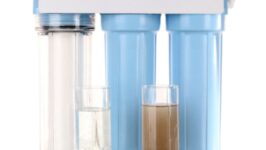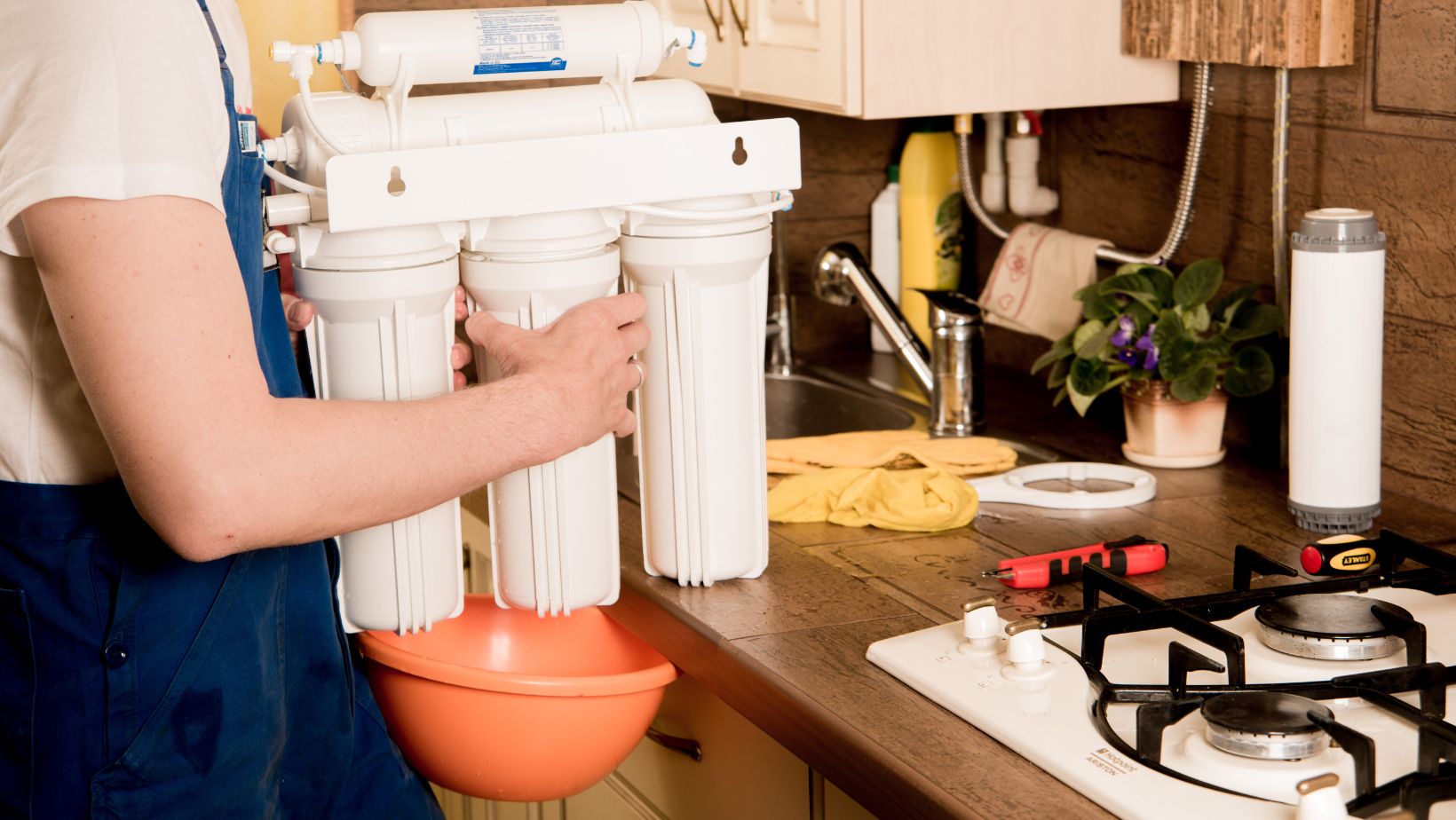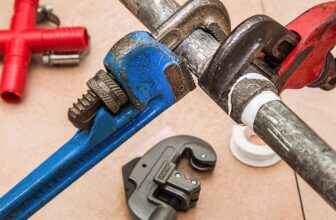
Exploring Whole House Water Filters: Are They a Necessity for Your Household?

In the modern home, we’ve grown more conscious of what we put into our bodies—and that includes the water we drink, cook with, and bathe in. Clean, safe water isn’t just a luxury; it’s an essential part of protecting your family’s health and creating a more comfortable living environment.
While we might not see what’s in our water, its purity can influence everything from the taste of your tea to the feel of your skin. That’s where whole-house water filters come in—designed to ensure that every drop flowing through your taps meets a higher standard.
A whole-house water filter treats water at the point it enters your home. Whether it’s filling your glass, rinsing vegetables, or running a relaxing bath, the water is filtered before it ever reaches you. With growing concerns about contaminants—chlorine, heavy metals, pesticides, and more—it’s no surprise that homeowners are increasingly exploring this option.
What Are Whole House Water Filters?
Think of a whole-house water filter as your home’s guardian for water quality. Unlike small countertop or under-sink units that only handle one tap, these systems work at the main water entry point, ensuring every fixture delivers filtered water.
Most systems feature a pre-filter to capture sediment and larger particles, a main filter to remove chemical contaminants, and sometimes a post-filter for fine polishing. This layered approach targets issues such as chlorine taste and odour, rust, lead, and microbial cysts.
Chlorine, for example, is a common disinfectant in municipal water, but it can leave behind an unpleasant taste and dry out skin and hair. A whole-house system eliminates these effects across every tap and shower in your home, providing consistent quality in all your water usage.
Advantages of Installing Whole House Water Filters
- Health and Safety Benefits
Removing contaminants such as pesticides, volatile organic compounds (VOCs), and heavy metals can reduce long-term health risks. If anyone in your household has allergies, sensitive skin, or a weakened immune system, filtered water can make a noticeable difference. - Convenience Across the Home
Instead of juggling multiple small filters, you’ll enjoy clean water from every tap without constant upkeep. No more remembering to replace individual cartridges or relying on bottled water. - Long-Term Cost Savings
The initial cost may seem steep, but the investment often pays off. You’ll likely spend less on bottled water, extend the lifespan of appliances (thanks to reduced mineral and sediment build-up), and avoid plumbing repairs caused by deposits in pipes. - Improved Everyday Living
From laundry that feels softer to showers that leave your skin and hair healthier, filtered water enhances the quality of everyday tasks. Even your cooking benefits—ingredients like pasta, rice, and coffee taste better when prepared with clean water.
Potential Drawbacks and Considerations
While whole-house systems have clear advantages, they aren’t without trade-offs:
- Upfront Cost – Purchasing and installing a quality system is an investment.
- Maintenance Needs – Filters require periodic replacement to maintain performance.
- Space and Installation – You’ll need adequate space and plumbing compatibility, which may be tricky in older homes.
- Water Pressure Changes – Choosing the wrong system can impact flow rates. A professional assessment helps prevent this.
How to Choose the Right Whole House Water Filter for Your Home
Step 1: Test Your Water
Start with a water quality test. This will reveal whether you’re dealing with chlorine, sediment, heavy metals, or microbial contaminants—and guide your choice of filter technology.
Step 2: Match the System to the Problem
- Carbon filters excel at removing chlorine and odors.
- Reverse osmosis systems target a broader range of contaminants, including sodium and organic compounds.

Step 3: Check Capacity and Certifications
Look for systems that meet industry standards and can handle your household’s water usage without sacrificing performance.
Step 4: Consult a Professional
A water filtration specialist can recommend the most suitable system, factoring in your home’s plumbing, space, and flow rate needs.
Are Whole House Water Filters a Necessity?
Whether a whole-house filter is essential depends on your location, lifestyle, and health priorities. If your municipal or well water contains significant contaminants, or if you value the reassurance of consistently clean water for all uses, it may be worth the investment.
Larger households or those with higher water demands often see more tangible benefits. Likewise, homes where family members have sensitivities or specific health needs will appreciate the extra protection.
There’s also an environmental angle—these systems help cut down on single-use plastic bottles and disposable point-of-use filter cartridges, aligning with more sustainable living choices.
Final Thoughts: Is It Time to Upgrade Your Water Quality?
When it comes to safeguarding your family’s health, comfort, and peace of mind, the water flowing through your home is a powerful place to start. A whole-house water filtration system isn’t just about what you drink—it’s about every shower, every meal, and every load of laundry benefiting from cleaner, purer water.
If you’ve been looking for reasons to consider a whole home system, think beyond the taste of your drinking water. Think about healthier skin, longer-lasting appliances, and the quiet confidence that comes with knowing your water meets a higher standard—every single day.
Your home is your sanctuary; let your water live up to that same standard. Speak to a trusted water filtration specialist and explore the system that’s right for you.




